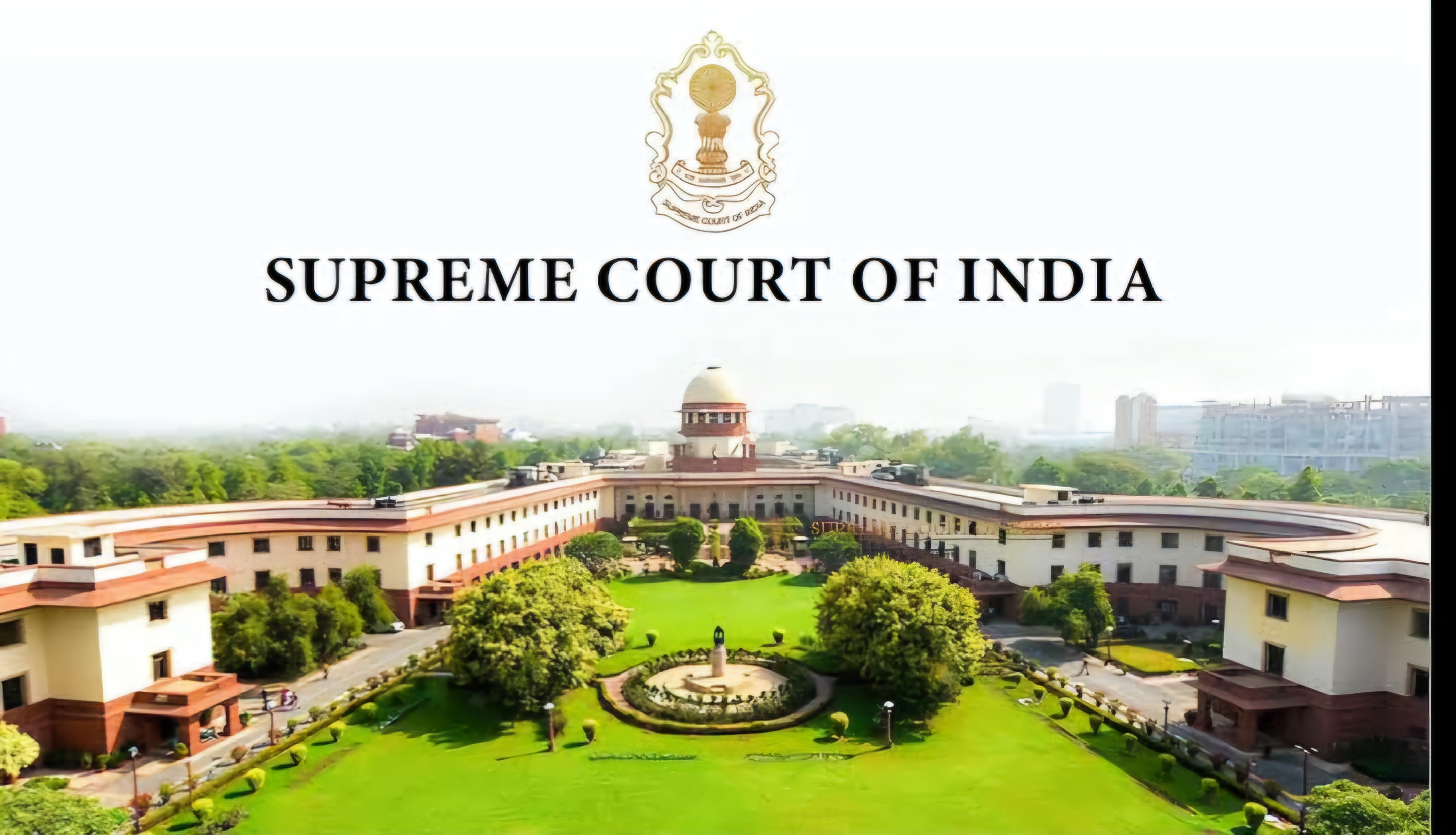


In Criminal Request No. 477 of 2017, Yogarani vs. State by the Auditor of Police, the Incomparable Court managed with critical issues relating to criminal law, centering on whether the appellant's conviction beneath Segment 302 of the Indian Correctional Code (IPC) for kill was advocated based on the prove given.
Case Foundation:
The appealing party, Yogarani, was sentenced by the lower courts for the kill of her spouse. The prosecution's case was built on circumstantial prove, attesting that Yogarani had committed the wrongdoing due to affirmed conjugal friction. The trial court found her blameworthy and sentenced her to life detainment, which was maintained by the Tall Court. Yogarani at that point requested to the Preeminent Court, challenging both the conviction and the sentence.
Key Issues Raised:
Suficiency of Evidence: The defense's main argument was that the conviction was only supported by circumstantial evidence. The defense contended that the accused should be given the benefit of the doubt since the prosecution's evidence was insufficient to establish the appellant's guilt beyond a reasonable doubt.
Failure to Prove Motive: The appellant further contended that the prosecution had not been able to provide a convincing reason for the crime. Although marital discord was mentioned as the cause, the defense argued that arguments alone do not prove the appellant was responsible for the murder.
Inadequate Assessment of Evidence: An additional contention posited that the trial and appellate courts failed to appropriately assess the circumstantial evidence and wrongly inferred the appellant’s guilt based on insufficient proof.
Supreme Court’s Judgment:
The Supreme Court, after thoroughly reviewing the case, acquitted Yogarani. The Court emphasized that in cases based on circumstantial prove, the chain of prove must be so total that it focuses unequivocally to the blame of the blamed and rules out any other conceivable theory. In this case, the Court found that the prove displayed was not adequate to set up Yogarani's blame past sensible question.
The Court assist held that the arraignment had fizzled to palatably build up the thought process for the wrongdoing, and the insignificant nearness of conjugal strife may not lead to the assumption of blame. Furthermore, it criticized the lower courts for despicably depending on frail circumstantial prove.
Conclusion
The idea that convictions in criminal cases—particularly those that depend on circumstantial evidence—must be supported by a robust and continuous chain of evidence is reaffirmed by this case. The fact that the Supreme Court acquitted Yogarani highlights the significance of the rule that, in cases where the prosecution is unable to prove guilt beyond a reasonable doubt, the accused must always be given the benefit of the doubt.
.
Click Here to: Download/View Related File
TAGS: Criminal Appeal No. 477 of 2017 Supreme Court judgment circumstantial evidence Section 302 IPC Yogarani vs State acquittal criminal law murder burden of proof benefit of doubt